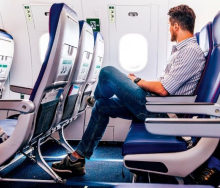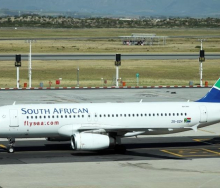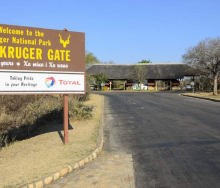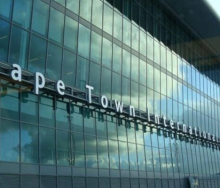During the African Aviation Summit in Abuja, AFRAA Secretary General, Abdérahmane Berthé, reported on the progress of African airlines post-pandemic.
Berthé was positive as the total number of inter-continental routes operated by African airlines surpassed pre-pandemic levels after October 2022 and, in the major airports of Johannesburg, Nairobi, Addis Ababa, Lusaka, Cairo, Casablanca, Abidjan, and Lomé, intra-Africa connectivity had reached or exceeded pre-pandemic levels in December 2022.
Regarding revenue loss after the pandemic, Berthé reported that this year the gap between pre-pandemic and post-pandemic revenue was closing, and 2023 was expected to be much better than 2022. However, African airlines are struggling amid the inflation in oil prices. Jet fuel prices have continued an upward trend, going up more than $22 (R417) in one month, from July to August 2023.
In terms of cargo, the average market share of African airlines per cargo origin is 31% year to date.
A constant faced by African aviation is blocked funds. Berthé reported that the total blocked funds reported by six AFRAA member airlines in fifteen countries (13 in Africa and two outside Africa) was approximately $339,1 million (R6,43bn) at the end of March 2023.
AFRAA has established a Blocked Funds Task Force with some member airlines to actively engage with central bank governors to resolve this issue and have the funds released.
“We call upon governments to consider aviation a priority sector and reduce the level of blocked funds,” Berthé stated.
“In as much as the connectivity level has exceeded the pre-COVID level, it still remains low with regard to the potential; 85% of flights are direct, and 15% are connecting flights. Only 21% of the direct flights are operated under fifth freedom traffic rights. This is a concern because, for many airlines, fifth freedom traffic can improve the routes’ profitability and intra-Africa connectivity.”
Another major focus area challenging the industry is the affordability of air travel.
“The global average GDP per capita in 2023 is $13 920 (R263 910). 25 African countries have a per capita income of less than $1 000 (R18 960), while only eight have more than $5 000 (94 795) per capita. For a given average trip length, taxes excluded, fares are more expensive in Africa. On average, fares are twice and three times higher than in Europe and Asia. With high fares and lower GDP per capita, air transport is not affordable for African citizens,” Berthé emphasised.
Speaking of environmental sustainability, Berthé highlighted that carbon emissions from commercial flights were set to triple by 2050 amid surging travel and freight demand. Nonetheless, emissions could be slashed through aircraft technology, operations efficiency, and alternative fuels.
“AFRAA members are committed to the global industry efforts towards the reduction of CO₂ emissions and mitigating the impact of aviation on climate,” he said. “As the global Aviation industry focuses on Sustainable Aviation Fuel (SAF), Africa has an opportunity to act as a leader in feedstock production. However, there are concerns about SAF production - in volume, accessibility at airports, and cost, which is currently high.”
Berthe emphasised the need for a collaborative approach among relevant stakeholders to achieve a successful and viable African aviation industry.














